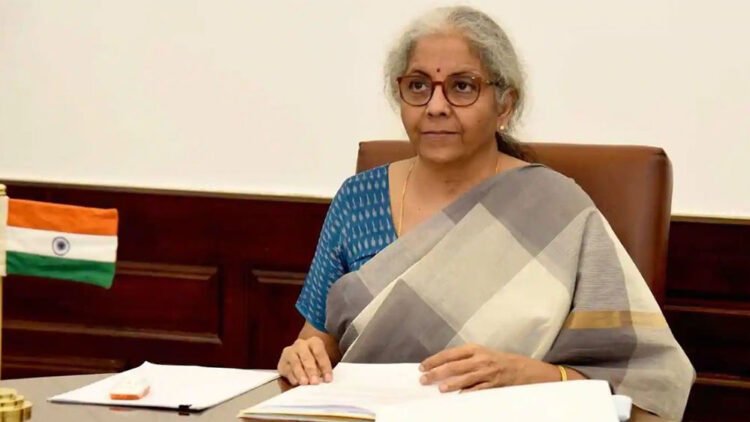Funds aimed at boosting Panchayati Raj institutions to improve local governance, sanitation, and water infrastructure
New Delhi (Economy India): The Government of India has released more than ₹730 crore to rural local bodies (RLBs) in Gujarat and Haryana to strengthen grassroots governance and local infrastructure under the 15th Finance Commission (XV-FC) grant for the fiscal year 2025–26. The move underscores the Centre’s commitment to empowering Panchayati Raj institutions (PRIs) and enhancing decentralized development across rural India.
Breakdown of Grants: Gujarat Receives ₹535.80 Crore, Haryana ₹195.13 Crore
In Gujarat, the Centre released the second instalment of the untied grant for FY 2024–25 amounting to ₹522.20 crore. The funds will benefit 38 district panchayats, 247 eligible block panchayats, and 14,547 eligible gram panchayats across the state.
Additionally, the withheld portion of the first instalment of the untied grant for FY 2024–25 — amounting to ₹13.59 crore — has been released to 6 district panchayats, 5 block panchayats, and 78 gram panchayats after fulfilling eligibility conditions.
For Haryana, the Government of India has sanctioned the first instalment of the untied grant for FY 2025–26, totaling ₹195.129 crore. This amount will be distributed among 18 district panchayats, 134 eligible block panchayats, and 6,164 gram panchayats across the state.
Funds Released Through the Ministries of Panchayati Raj and Jal Shakti
The release of these grants follows the recommendations of the 15th Finance Commission, which advises the Ministry of Panchayati Raj and the Ministry of Jal Shakti (Department of Drinking Water and Sanitation) to channel funds to states for their respective Rural Local Bodies (RLBs).
Once approved, the Ministry of Finance issues the funds in two instalments per financial year based on compliance and performance parameters. These grants are designed to ensure that local bodies have financial autonomy to address location-specific developmental needs.

Purpose and Utilization of the Grants
The untied (unconditional) grants can be utilized by Panchayati Raj Institutions for development activities linked to 29 subjects listed in the Eleventh Schedule of the Constitution, excluding salaries and establishment costs.
These include sectors such as:
- Rural health and sanitation
- Agriculture and irrigation
- Roads and rural connectivity
- Drinking water management
- Women and child development
- Education and public distribution
Meanwhile, the tied (conditional) grants are meant for two specific purposes:
- Sanitation and ODF (Open Defecation Free) maintenance services, including waste management, faecal sludge treatment, and cleanliness of villages.
- Safe drinking water supply, rainwater harvesting, and water recycling initiatives to ensure sustainable rural water management.
Empowering Grassroots Governance for Sustainable Development
The release of these grants is part of the Centre’s ongoing efforts to empower Panchayati Raj institutions by strengthening their capacity to plan and implement need-based development initiatives. These funds not only promote fiscal decentralization but also help local bodies ensure better delivery of public services in line with the Government of India’s ‘Viksit Bharat @2047’ vision.
Officials from the Ministry of Panchayati Raj emphasized that such grants are crucial for bridging rural infrastructure gaps, ensuring transparency in fund utilization, and enhancing citizen participation in local governance.
By empowering panchayats financially, the Centre aims to make them self-reliant engines of rural growth, capable of addressing region-specific challenges and improving the quality of life in villages.
Background: Role of the 15th Finance Commission in Rural Development
The 15th Finance Commission, chaired by N.K. Singh, was constituted to recommend the sharing of central taxes between the Union and States for the period 2021–26. It also lays down the criteria for distributing grants to local bodies to improve fiscal responsibility, governance efficiency, and service delivery at the grassroots level.
Under the Commission’s recommendations, local bodies receive both tied and untied grants, ensuring flexibility while maintaining accountability. This mechanism has been instrumental in enhancing rural governance, sanitation, and water management across India.
(Economy India)













